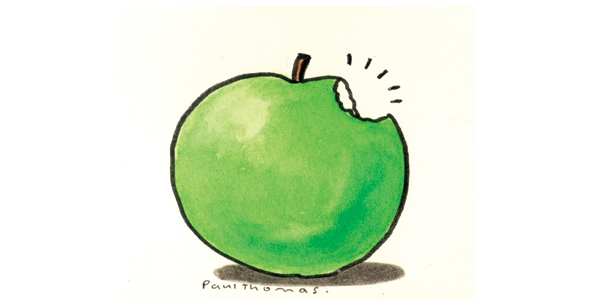January is synonymous with new starts, resolutions – and diets. After the Christmas period and what many see as a time of indulgence, the media and society are suddenly awash with advice and ideas on how to lose weight. It’s a time when we are told to be “good” and to eat “clean”. It is such an ingrained part of our culture that we often don’t question it.
But what does this mean? Can goodness and cleanliness really be achieved through a low-fat diet or intense exercise regime? In 2003, two nutrition scientists at the Hebrew University in Jerusalem, J. Griffin and E. M. Berry, published a study entitled “A modern day holy anorexia? Religious language in advertising and anorexia nervosa in the West”. It looked at how words such as “temptation”, “decadent”, “heaven” and “purity” suggest a connection between eating and moral values, and imply that eating is either virtuous or sinful.



